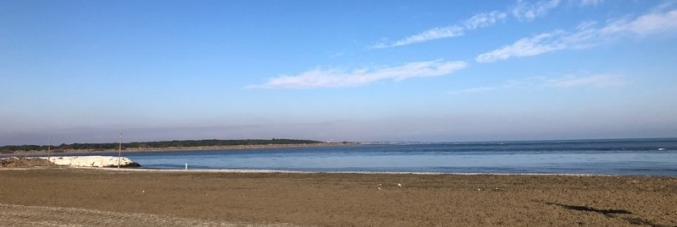
Solar Energy, a Vegetarian Diet, and Planting Trees: a Model for the Planet
05.07.2024
It’s no secret that climate change is largely due to the concentration of greenhouse gases in the atmosphere. With noted carbon dioxide detection going from 330 ppm (parts per million) in the 1970s to 420 ppm in 2024. Resulting in disastrous consequences on the climate from the warming of the average air temperatures by 1.5-2 °C, melting polar ice caps, and deregulation of the climate. As a result, an international alert was launched by the group of scientists of the Intergovernmental Panel on Climate Change through their periodic reports while global politics and industries began promoting the transition from energy derived from fossil resources to renewable energy with low CO2 emissions and reduced impact on the environment.
In the paper “Tackling climate change: the Albarella island example” published in PLOS Climate, first author Augusto Zanella (TESAF Professor of the University of Padua) focuses on the CO2 equivalent on the island of Albarella found along the Po Delta Park in Rovigo. The paper unveils a plan to support sustainable changes on energy sources in 10 years through natural carbon storage and consumption on the island.
Prof Zanella explains, “With the help of students and those in charge of the management and inhabitants of the island, we have collected the data necessary to draw up an annual balance sheet of CO2 equivalent emissions. The plan offers everything needed to operate an island of more than 110,000 annual tourists in terms of energy and resources.”
Income expenditure of goods and energy related to the economic functioning of the island have been converted into virtual CO2 emissions to create a plan for sustainable change on the island of Albarella.
The work is part of the 2019 Uni-Impresa ALBA Project - Albarella Laboratorio Diversità Ambiente, in which the University of Padua collaborates with the Comunione dell'Isola di Albarella for a sustainable management project of the island's resources. The objective is to create and maintain an anthropic environment the reflects its natural counterpart through a strong reduction in greenhouse gas emissions, as required by EU directives. The scientific director of the project, Augusto Zanella, is a professor at the Department of Land, Environment, Agriculture and Forestry Systems of the University of Padua.



